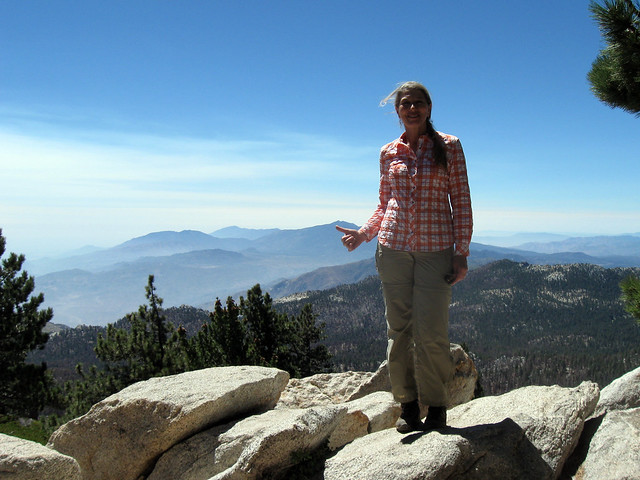 |
| Photo by Mitch Barrie [CC BY-SA 2.0] |
When I was growing up, my parents always had a very active social life. They'd often have other couples over, sometimes several at once. They'd regularly go over to other couples' homes for dinners and parties. In addition to having lots of friends, they were involved in various organizations with a heavy social component (more than just church). What seems remarkable about this today is that although my parents were Democrats, more than 70% of the people they did all this social stuff with were...gasp...Republicans.
Politically, I'd say that my parents could be placed slightly to the left of what we'd call "centrist" or "establishment" Democrats today. Both have been too anti-war to feel completely comfortable with the establishment Dems, and both have supported a more progressive economic and social agenda. At the same time, both have expressed confusion about what our contemporary outrage culture aims to accomplish, and my father has a long history of being opposed to labor unions. Both voted for Clinton in the 2016 primary and thought that Sanders was making a mistake in promising all sorts of things on which he could never deliver. They are Democrats, but I consider them reasonable Democrats because they have always valued reason, compromise, and trying to find common ground with others.
With a few exceptions, most of their Republican friends were not very different. Most were that increasingly rare breed of what we might call "centrist" or "moderate" Republicans today. This predates the Tea Party by a number of years, so there were plenty of reasonable Republicans. Like my parents, most of them valued reason (at least, they did outside of matters involving religion), compromise, and the search for common ground.
I remember my parents occasionally expressing frustration when they returned from a dinner where one of their Republican friends had spouted off about some political issue. It never seemed to be the disagreement over politics that was the problem but the breach of etiquette. From the sound of it, there was an implicit agreement that one would refrain from spending too much time discussing contentious political issues at these events. Political topics weren't off limits; it was more a matter of letting things go before they became too heated (e.g., discussions vs. diatribes). For the most part, it seemed to work well.
For whatever reason, it seems like this ability or willingness to spend time with and even befriend people who have different political views has eroded a bit. We have all seen this on social media, but I believe it has been happening offlline for much longer than there has been social media. We are so quick to label anyone who disagrees with us as a "Nazi," a "RWNJ," a "libtard," or a "special snowflake" that this gets in our way. Why in the world would we want to hang out with such people once we have decided that they are evil, "part of the problem," or beneath us in whatever way we pick? And don't get me started about the "I have the right to say anything I want to anyone at any time" nonsense!
I have no question that my parents would have missed out on a great deal of experiences they enjoyed had they limited themselves to spending time with other Democrats and refused to associate with Republicans. All that social stuff in which I have so little interest was (and still is) very important to them. I think they would have been miserable without it. Maybe I learned something valuable about freethought from a couple of liberal Christians after all.